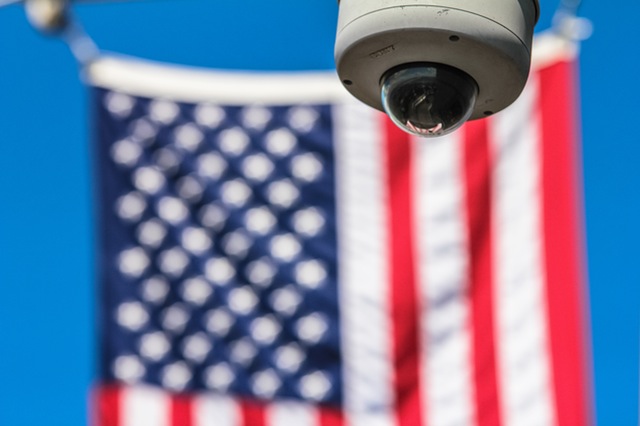Is your business truly safe? When people think about that question, they tend to think mostly about health & safety. It’s a big cost, true, and one that you will probably be facing more often. But there’s safety from outside threats you need to consider, too. We’re talking about the risk of crime. You might not think that it’s very likely you’ll be targeted, but you need to get that thought out of your head. Businesses are some of the most common targets of crime, given the amount of valuable assets they have. Here’s how you keep them safe.

Kitting your business out
First of all, it’s important to recognize all of the different ways you can protect your physical assets. Burglars will tend to go for the most valuable items, so think about fitting them with specific alarms. For instance, Sensor-1 can stick to most objects. Then they use lights and noise to bring attention when they’re being moved without authorization. You should consider getting a comprehensive security system for the office, too. Not just one that lights up and makes a sound. You can get security systems that are linked up to live surveillance teams. That way you can get a response as soon as the alarm is tripped, not after someone happens to discover it.
Protecting what matters
You want to deter people as much as you want to cause an alarm when they get that unauthorized access. Again, tech can help you here. CCTV cameras are as valuable a deterrent as they are at recording criminals. You can also get timed lights that can confuse potential criminals about whether or not people might be in the building. Do you have extremely valuable or sensitive equipment at the workplace? Then it’s worth considering having people guard it. Even unarmed security guards can be just the right amount of force you need to put people off. Even better, you can get guards with GPS monitoring on them so you can rest assured your assets are being protected at all times.

The dangers of the internet
Of course, you should be well aware by now that not all threats strike in the flesh. There are plenty that can reach you through the internet, as well. If you’re a company that relies on data, you need to protect it. It can have far reaching effects even after you think the threat is over. Statistics say that 72% of businesses that suffer data breaches close within 24 months of the incident. So you need to protect all your business computers. Software like anti-viruses, anti-spyware and firewalls can keep you safe. If you rely on an extensive IT network system, then consider using ethical hackers. They find exploits and help you fix them. Otherwise, the next person that might find those exploits will be willing to use them for their own gain.
Preventing unauthorized access
Getting the right software and help to protect your data is important. It’s not the only way you should be doing it, however. Your staff can be as big an asset towards your digital security, or they can be a big liability. You need to set a strict code of rules on how computers are used. For one, no leaving any logged-on computers unattended, even for a few minutes. Make sure that passwords are kept strong, using a mix of numbers, letters, and symbols, and never written down. You should also consider restricting the storage devices, and other devices, that people can bring into the office. Use Cloud storage to backup and transmit data over physical devices if you can.

Dealing with paperwork
Cloud systems are also a great way to deal with the reams of paperwork that a business can build up. But that’s not the end of making sure you’re securing those documents. You also need to make sure they don’t fall into the wrong hands. There could be Important business details, customer data and even finances there. So take care of your paperwork. Do audits often to make sure you’re not leaving more copies of certain documents than you need. Then make sure you’re shredding all the paperwork that you don’t. Don’t just bin it. Not only does that make it easier to steal, but it’s also against the law to not go to those further lengths in protecting customer data.
Physically and digitally, you need to protect your business from the threat of crime. This means getting the help you need, the tools that keep you alerted and teaching your staff the right rules. Don’t leave yourself vulnerable and lose the lot.